Research as a leisure activity, solstice strawberry, and things to do besides worry
Katherine May selects her top Substack reads
This week’s Substack Reads is guest edited by , author of the books Wintering, Enchantment, and The Electricity of Every Living Thing and host of the podcast How We Live Now. Katherine writes on Substack from her home in Whitstable, England, as an online place to gather and ruminate on how we live. Some of her most popular posts are “How to light the dark months,” “Why magic matters,” and “How to keep a writer’s notebook.” If you enjoy her selections today, be sure to subscribe to her Substack.
When it comes to milestones, 100s just beg to be noted. Whether it’s your first 100 subscribers, a 100-year anniversary, 100 words to answer anything, or marking your 100th issue—as we are at Substack Reads this week—a good century deserves a spotlight. We hope to continue to serve up a delightful digest of ideas from the most interesting minds on Substack. So here’s to the next 100! Now, over to Katherine…
For a long time, I was more of a reader than a writer on Substack. I found so many newsletters I loved on here, but my own newsletter was a sporadic rush job. I honestly couldn’t imagine ever expending the energy it would take to write a truly interesting newsletter.
I suppose I got bitten by the bug in the end. It was partly because I was becoming disenchanted with social media and how much emotional labour it demanded of me as a writer, while never letting me really exercise my craft. But also, I wanted to play in this space where other people were playing. It seemed to me that this format solved a lot of the problems inherent to blogging. I’d spent years pouring the best of my work into a blog, while not even covering my expenses. At least in this place, I got a choice. And I could see how it had created an explosion of brilliant creative work—far more than I could ever manage to read—from people who were otherwise confined to the sidelines.
That sheer abundance of wonderful work made picking a handful of posts for Substack Reads truly hard. I’ve spent the past week whittling down a list, while constantly adding new posts. But here are a few excellent reads that have stayed with me lately, posted in the humble acknowledgement that there are many, many more.
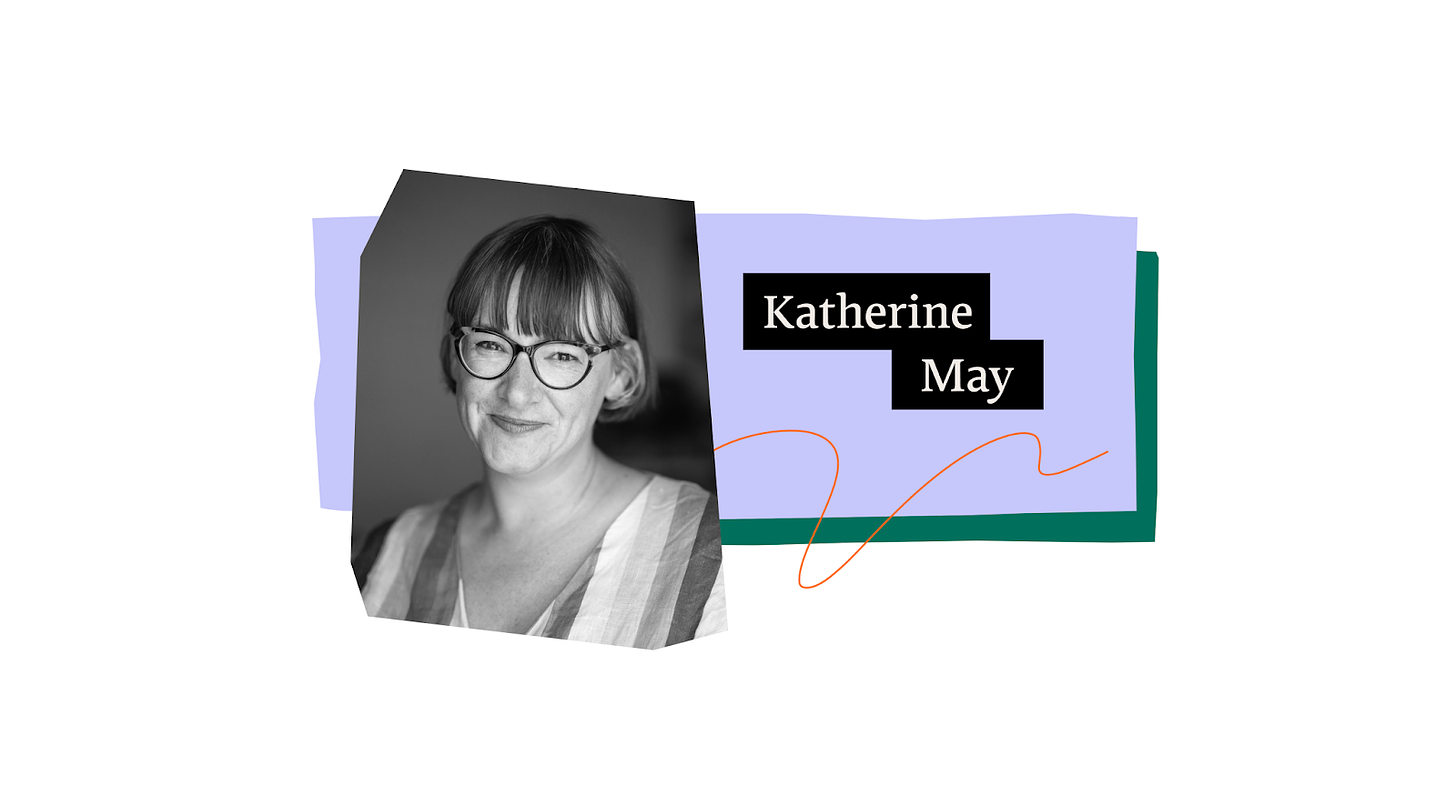
MEDIA
The rise of faceless accounts
“There are still so many aspects of online life that I don’t understand—and many are invisible to me because my interests don’t trigger the algorithms designed for women of my age. This is mostly a lucky escape—I avoid a lot of dieting content, but it does mean that I often get served ads for livestock markets in the Middle East (I am not even joking).
This essay by Lexi Merritt showed me a part of the internet that I don’t see. She explores the phenomenon of the ‘faceless accounts’ on Instagram—people who post using stock images of glamorous women living aesthetically pleasing lives, without ever showing their faces—and how it’s used to sell dreams of financial freedom. These women are known mostly through their body parts (hands, feet, artfully messy hair) and their devotion to selling you courses that will make your life just as Insta-ready. Except the courses only tell you how to sell more courses. And how to create faceless accounts of your own. It’s a masterclass in losing your identity.”
—
inThe digital avatar is blonde, then brunette, then blonde and blonde and blonde again. She is almost always thin, conventionally beautiful in an “IYKYK” kind of way: You can almost never see her entire face, but you can see her perfectly blown-out hair, the sliver of skin suggesting a flat stomach, the manicured nails implying expendable income. She is disembodied, separated from her true thoughts or feelings, a stand-in for other people’s income claims. I find myself wanting to scream through the screen, to grab her by the shoulders and ask her: Is this what you really wanted?
HISTORY
Strawberry moon
“I think so many of us assume that we have to add maximum value to our Substacks by writing as much as possible, but Will Dowd is one of my absolute favourites, and he only writes once a month. That’s because he only writes about each full moon.
For June’s ‘Strawberry Moon,’ he tells the story of Zora Neale Hurston’s relationship with the moon, and how it echoed through her fantastical worldview. I have been a fan of her work for a long time, but I had not realised that she was so ostracised during her lifetime. But she was also cared for by a community who understood her. She was unable to feed herself, said one woman, ‘but she was a writer.’ There’s a wonderful coda to this story—her work was saved for posterity by an ‘archival superhero’ who gets the recognition he deserves at the end of this post.”
—
inOne evening, behind her cottage, a hired yardman dumped Hurston’s letters, photographs, unpublished manuscripts, and meager belongings into an oil drum and set them ablaze.
Driving home from work, a sheriff's deputy happened to see a curl of smoke in the distance. Curiosity prevailed and he decided to investigate.
Behind the small, mint-green house, he found the yardman beside the burning barrel, idly watching a dead woman’s possessions turn to ash.
FIRST-PERSON
Over and over again
“I usually follow Aubrey Hirsch for her comic-book-style explainers, but this essay hit me hard. In it, she explores the very personal impact of gun violence on her life. ‘This one time, a while back, I was robbed at gunpoint with my sister in Louisiana,’ she writes. But there’s so much more to say.
I deeply admire the way she draws us into the experience of trauma through the same story, told multiple times. It’s a hoarse-voiced, breathless read, incredibly visceral, unforgettable. She shows how that same act of storytelling—resistant as she is to it at first—is the site of healing. It takes a long time, and a lot of telling, in many different ways.”
—
inYou’re supposed to tell the story over and over again, because you have to tell it in a certain way. It’s not enough to just say what happened, because after a time you become adept at disassociating the trauma from the words you use to describe the event. By now I’m pretty good at saying “I was once held hostage at gunpoint during an armed home invasion” without even blinking. I can tell you “I’m a survivor of a gun crime.” I can say “I got robbed once, in my sister’s house” and nothing will happen inside my body. It’s like telling you “I’m from Cleveland” or “I played softball” or any other completely neutral fact about my life.
LITERATURE
“This stupid bitch” was a fascinating writer
“It’s hard not to notice the extent to which writers are obsessed with the lives of other writers. I think that’s probably because we often have to make it up as we go along—to find a method to coax out words that is sustainable and even delightful, often in the face of disapproval and impatience from our families. Elif Shafak’s piece on George Sand—the radical, cross-dressing, free-spirited 18th-century author, whose creativity seemed boundless—revels in the brilliance of this literary ancestor who could teach us so much today. As Gustave Flaubert put it: ‘What a great woman you are, and what a fine man!’”
—
inGeorge Sand disagreed. She made both children and books. Over the years, she had multiple romantic affairs, each more shocking than the previous one. A free spirit in every way, she loved doing things that prim and proper ladies were not supposed to even think about, especially not in the 1830s. She did not attend church, she did not like the patriarchy, she did not play along. A bold feminist, a socialist, a sensualist, no wonder she rubbed some people the wrong way.
HEALTH & NATURE
All in
“Josie George’s Substack is one of my consistent favourites. She has an extraordinary way of finding beauty in the small, the fragile, the mundane, and the insignificant. It is tempting to say that she does this despite living with a chronic illness that places so many constraints on what she can do, but, as this essay shows, that would miss the point. Josie makes a radical call here for a whole-world experience, for everything to count. ‘The trouble is,’ she writes, ‘as soon as you close your heart to one thing—to anything—you close your heart. It doesn’t work in increments.’ Despite being in constant pain, despite the railing frustration of never being able to do all that she yearns to do, Josie is ‘all in.’ That is not just life, but living. This is a life-changing read for anyone who worries they’re not enough.”
—
inInside my body, pain pulses and pulls like the wind. The terrible, wonderful thing that I’ve learned is that it is made from the same stuff as the foxglove, and the sprawling bleeding heart that grows beside it, and the aphid-covered honeysuckle. It is made from the same stuff as the delighted call of a child a few gardens down the row and the throaty laugh of someone walking past the end of the alley. I am all of this, and all of this is me, and I know to close my heart to some of it—to pick and choose—is to close my heart. There was just as much life in the room with me as I stared at the ceiling, I just rejected most of it. That is a hard, hard knowing. A deep challenge.
MYTHOLOGY
Dervishes and curses
“I’m a great lover of folklore, but inevitably most of my frame of reference comes from Northern Europe. I’ve been following Mythological Africans for a long time now, and it’s been an incredible education in the lore of the African nations and cultures. In this episode—recorded as a podcast—Helen Nde explores the ways that mental health and neurodivergence are addressed across different traditions. Things look very different outside the Western lens of the Diagnostic and Statistical Manual. In indigenous cultures across the world, she points out, different stories are told to integrate divergent minds into the community. They are not necessarily better or worse, but instead offer different ways to understand ourselves and those around us. I was moved by the story of Odad, the man ‘whose singing voice made even the desert itself hold its breath in awe’ but who also loved the desert more than he loved his fellow humans.”
—Helen Nde of
inVISUAL DIARY
Solstice strawberry
“Nuptials are on my mind lately: last week, my sister got married, and next week will see my own 25th wedding anniversary. So I loved weaver and illustrator Sarah Swett’s gentle visual diary of attending a wedding. What I noticed most—as I have so often lately—is the way that objects are carried from one wedding to the next. In this case, it was Sarah’s 35-year-old dress, originally made as a trial run for her own wedding gown. It’s a subtle gesture of continuity as traditions are passed down the ages. As I get older, I feel less rebellious against these things; in fact, I begin to like them a lot.”
—
inART & SCIENCE
Research as leisure activity
“A couple of weeks ago, during one of my live Creative Questions sessions with , a reader asked what I do for fun. I was somewhat embarrassed at first to admit that that answer is research. There is nothing I like more than chasing down an idea through multiple books, films, and websites, drinking in all the possible permutations until I am sated. That is ultimately how my own books get written; some joyful research hunts acquire a life of their own.
This post by Celine Nguyen on research as a leisure activity made me feel seen. ‘It’s not about the formal credentials,’ she writes. ‘It’s fundamentally about play.’ She makes an important link to neurodivergence here: our play does not look like everyone else’s, and there’s nothing wrong with that. I, for one, am grateful for all the playful researchers out there.”
—
in , recommended byResearch as leisure activity is exuberantly undisciplined or antidisciplinary. In academia, you receive specific training in a narrow field of specialization, which creates certain opportunities for your work and forecloses others. Most notably, it discourages a certain form of dilettantism—peering into an adjacent field that you don’t have the “right” background for, using techniques you aren’t “qualified” to be doing, introducing references and sources that are nontraditional and even looked down upon in your primary field. Research as a leisure activity isn’t constrained by these disciplinary fiefdoms and schisms. Any discipline can offer interesting ideas, tools, techniques.
POETRY
Things that I could do besides worry
“Sometimes, during my reading on Substack, I stumble into an unexpected moment of poetry. That is what I found here on Yrsa Daley-Ward’s The Utter. It is a call into the blazing practice of life. It also offers an apt note to end on here, a call to ‘Archive. Film. Draw. Paint. Put it out whether I think it’s ready or not. Learn everything from this.’ ”
—
inUnderstand time as a divine faculty, not simply a resource to be bartered. Delete those apps from the phone. Send E a long, winding voicenote. Shape the growing story; all this hot stained glass. Understand it is malleable, impressionable. Press lips hard against the windowpane. Marvel at the O shape.
Recently launched
Coming soon
Congratulations to the following writers celebrating publication.
shares an exclusive extract of her novel Probably Nothing, out next week and available to preorder:A roundup of summer reading—books by Substack writers that came out this year or are being published soon:
Against summer reading
Notes from our guest editor
Noteworthy
Inspired by the writers featured in Substack Reads? Writing on your own Substack is just a few clicks away:
Substack Reads is a weekly roundup of writing, ideas, art, and audio from the world of Substack. Posts are recommended by staff and readers, and this week’s edition was curated by , who writes on Substack. You can also follow Katherine on Instagram, find out information about her podcast and books on her personal website. Substack Reads is edited from Substack’s U.K. outpost by .
Got a Substack post to recommend? Tell us about it in the comments.








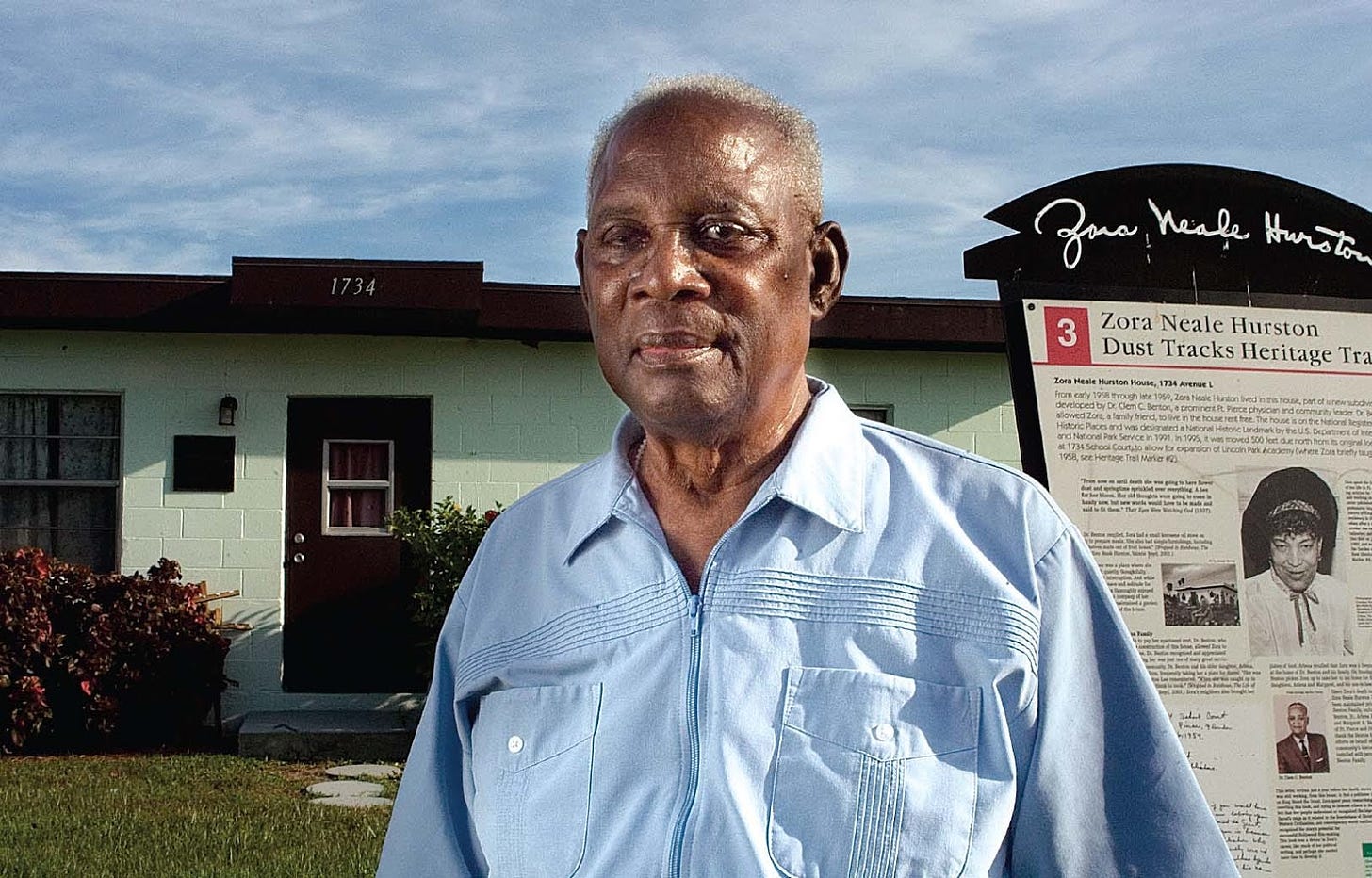


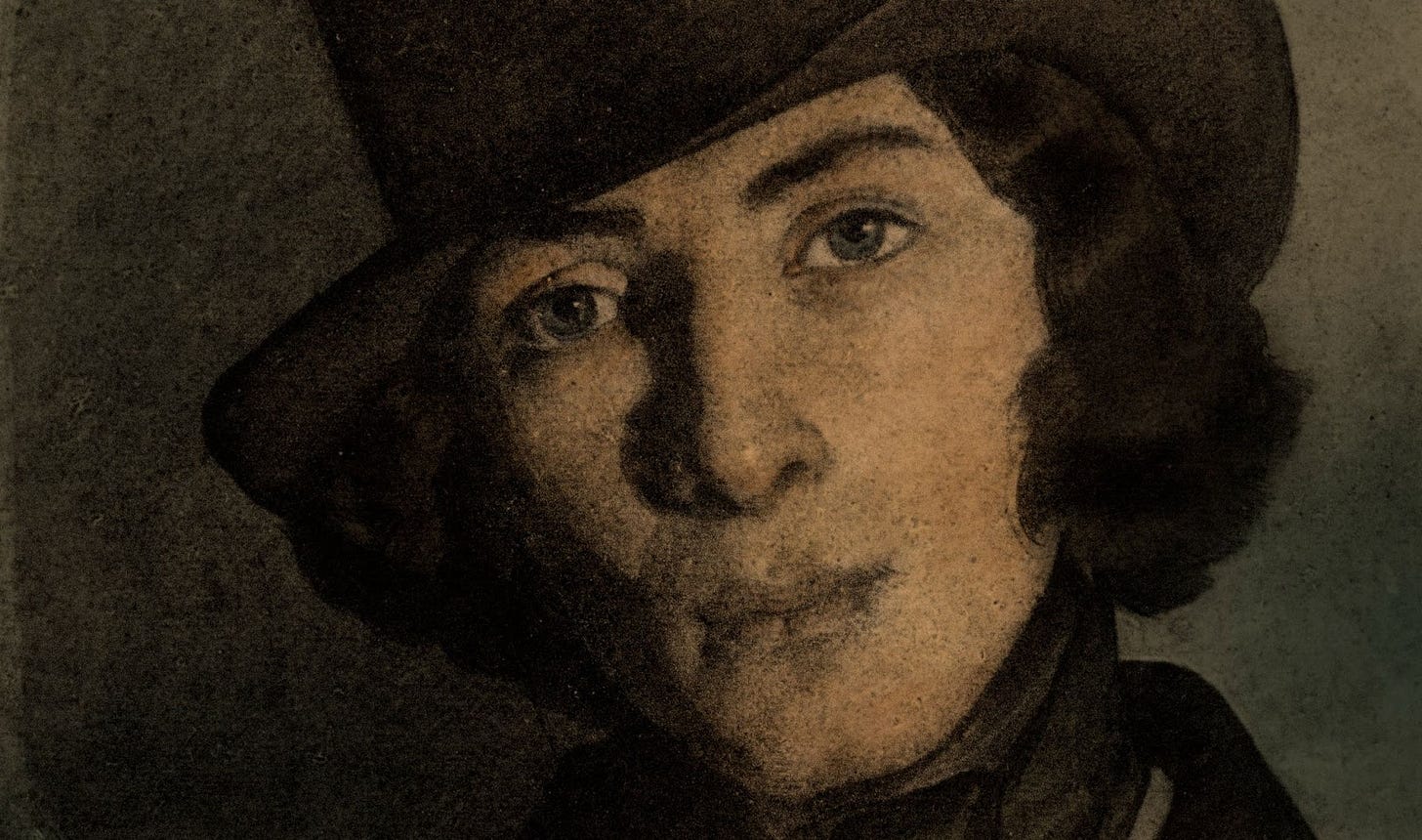

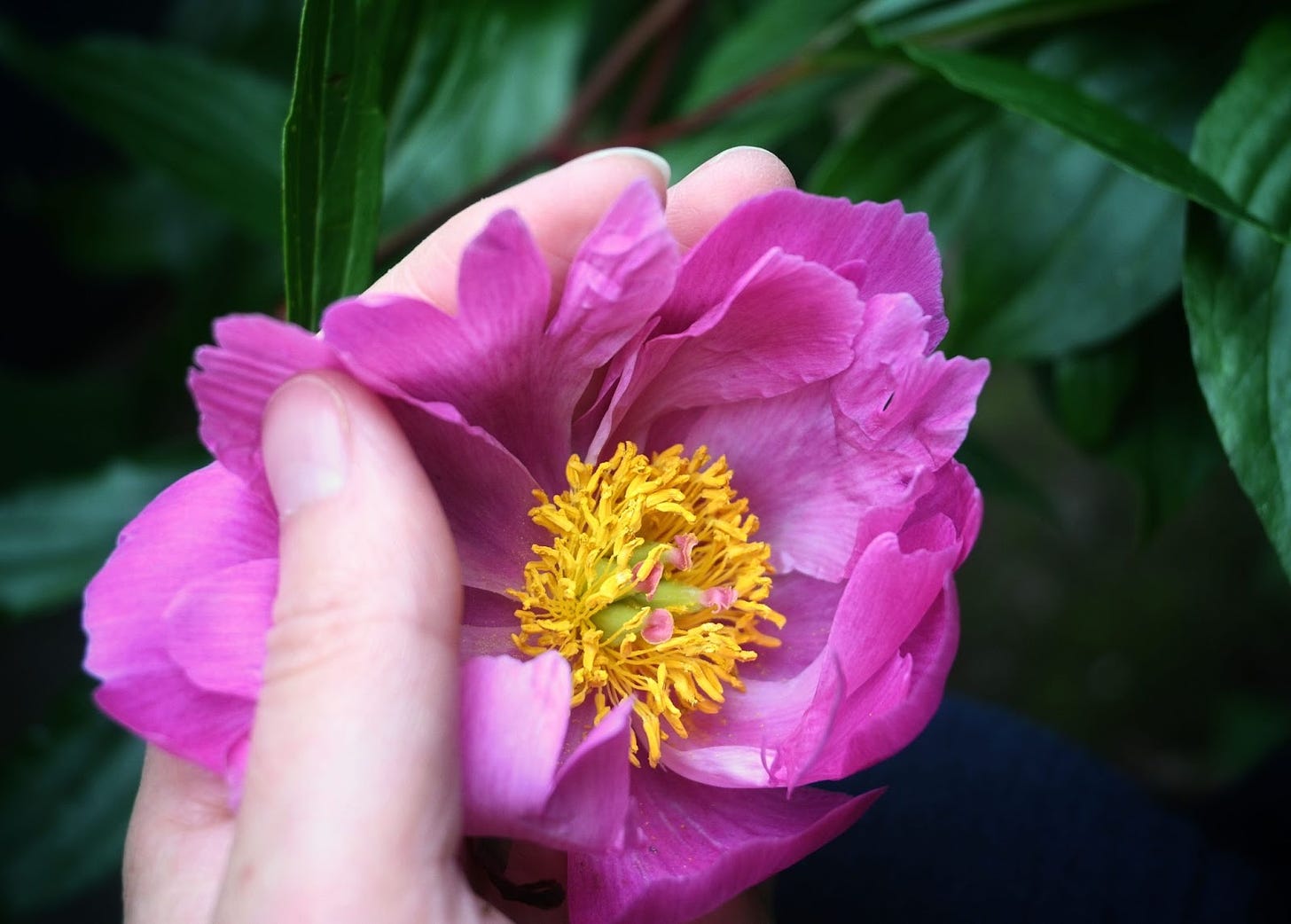

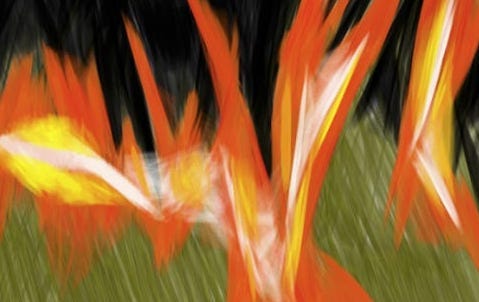

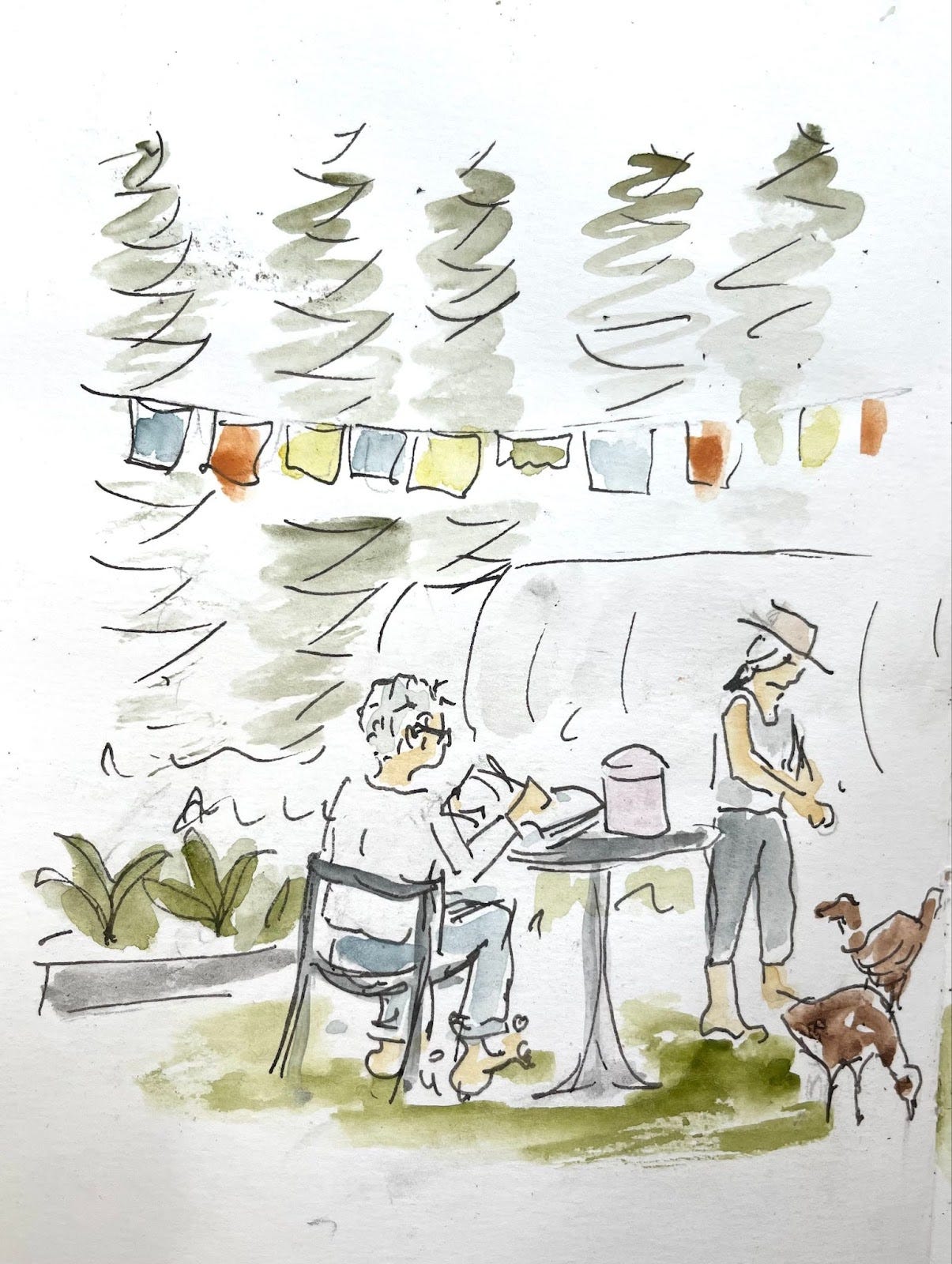


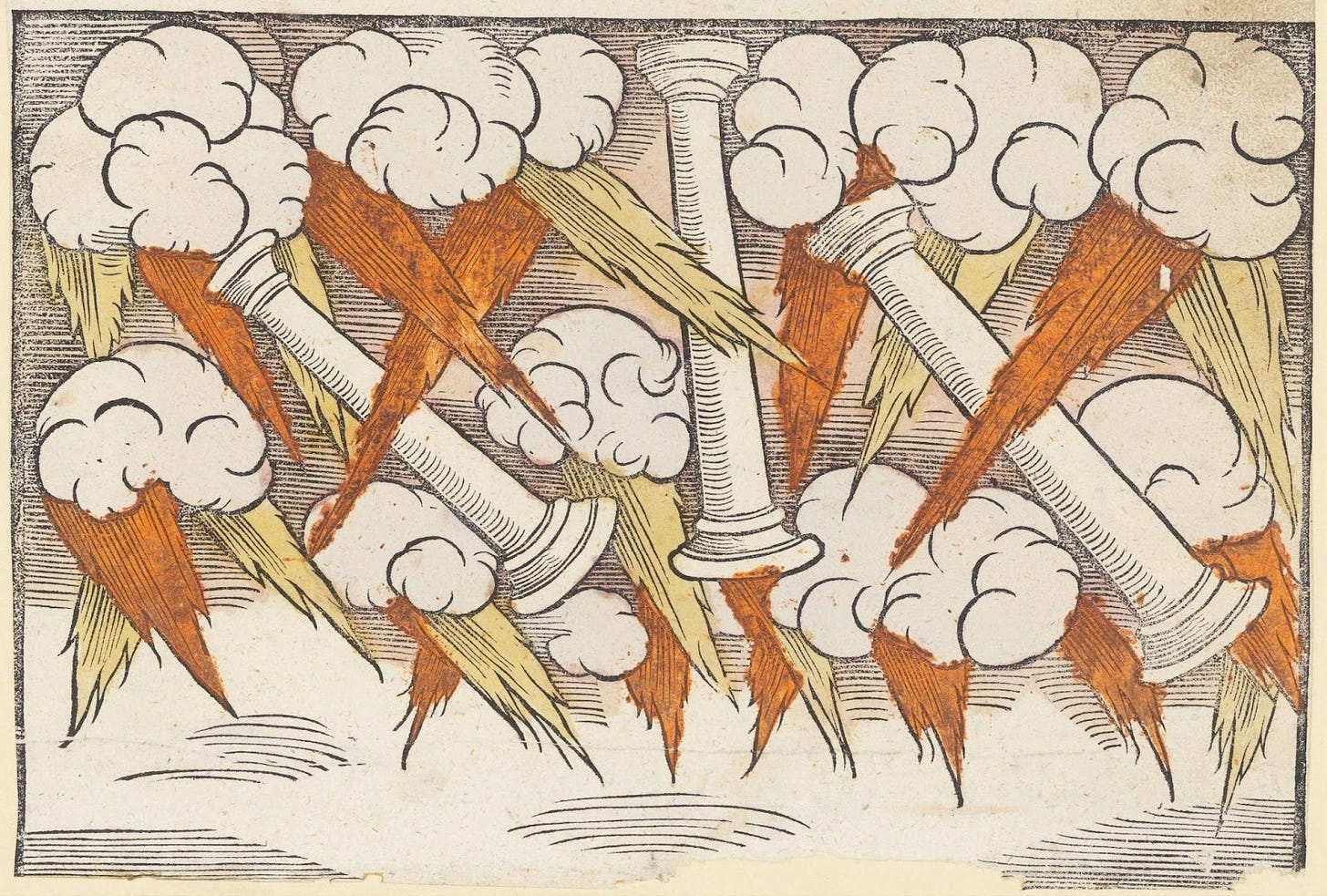

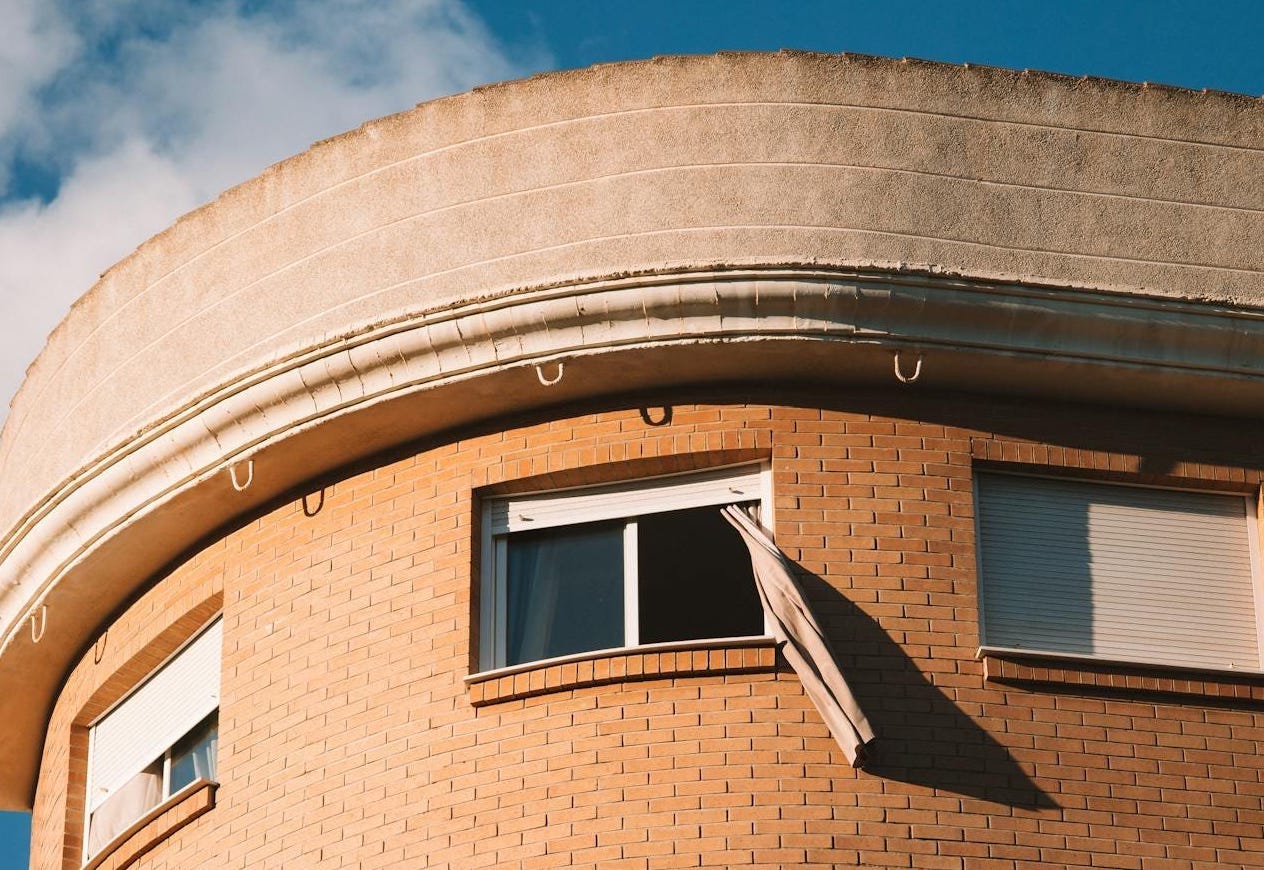











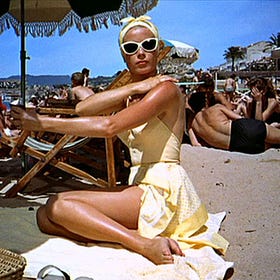

"Research as a Leisure Activity" is practically my middle name - most days I am sat amid piles of comics for a history and accounting of their number, sticker albums for a Companion (attempting to get dates for them all, page counts, and original prices, along with how many stickers they contain), and books for various guides, indexes and histories...
While I disagree on detail - pdf's are a very poor substitute for actual documents - it is something which has always been a part of my life, in one way or another. That post earned a subscription straight away.
I’m “over the moon” you shouted out Will Dowd 😜! I read his substack end to end! Loved this recent one about Zora Neale Hurston. He is proof you can post infrequently and write something very long that people will read